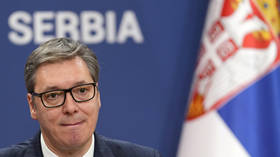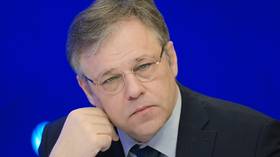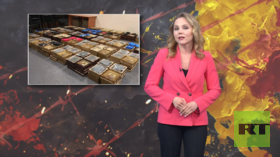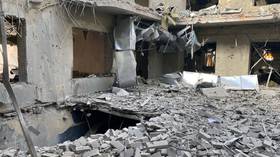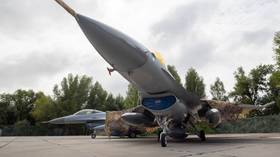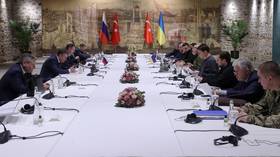Most difficult winter since 1945 to come – Serbian president
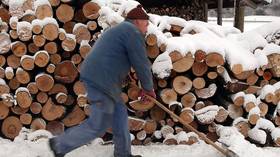
The next six months will be the most difficult period for Europe since the Second World War, due to both the economic and political challenges, Serbian President Alexandar Vucic said on Wednesday.
Vucic referred to the words of Belgian Prime Minister Alexander De Croo, who recently warned of the risk of a “full stop” of the European economy amid the energy crisis, exacerbated by Russia's military operation in Ukraine, Western sanctions against Moscow, and significant cuts in Russian energy supplies.
“It was enough to hear the words of the Belgian prime minister, who said that the entire European economy will fall, and if it falls, what will happen to ours, which is less resistant to all external shocks?” Vucic said.
Although Serbia is not an EU member state, the country’s energy supplies transit through countries that are, meaning that sanctions imposed by the bloc on Russia also affect it.
Vucic emphasized that the upcoming winter might not be the worst in recent history for Serbians, but for Europe as a whole it definitely will be.
“The next six, a little more than six and a half months will be the most difficult for Europe after the Second World War as a whole,” Vucic said. Earlier this month, the Serbian president claimed that while most European countries are facing a difficult winter this year, “next winter will be polar.”
More complications may arise from the unresolved Kosovo issue. In particular, Vucic has accused Pristina of exacerbating tensions on its border with Serbia and some EU nations of pressuring Belgrade to recognize its independence.
Going further , Vucic cited as grounds for his gloomy outlook “everything that is happening in the world,” including “the recent reports from Armenia, Kyrgyzstan,” and the Polish parliament’s approval of a bill demanding huge reparations from Germany.
Also, Armenia and Kyrgyzstan were both recently involved in border clashes with their neighbors, Azerbaijan and Tajikistan, respectively.
